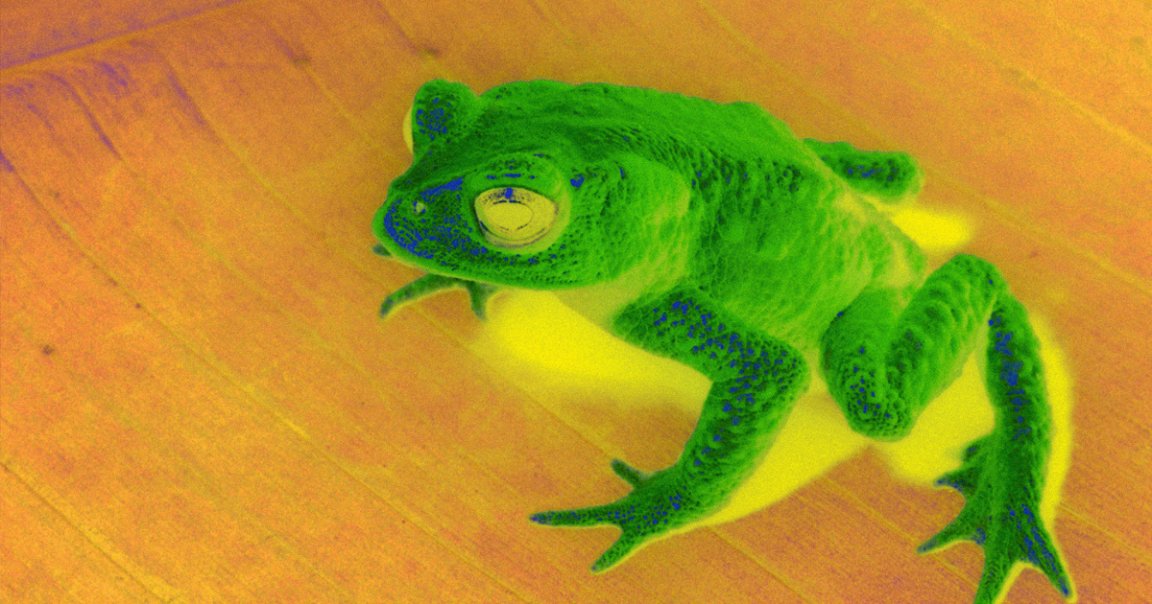
Human Error
After spending three years compiling the United Nations’ first comprehensive biodiversity report, researchers came to an alarming conclusion: humans have driven one million species to the brink of extinction — putting more species at risk than ever before in human history.
“Ecosystems, species, wild populations, local varieties, and breeds of domesticated plants and animals are shrinking, deteriorating, or vanishing,” report co-chairman Josef Settele said in a news release. “The essential, interconnected web of life on Earth is getting smaller and increasingly frayed.”
“This loss is a direct result of human activity,” he continued, “and constitutes a direct threat to human well-being in all regions of the world.”
Transformational Change
The Intergovernmental Science-Policy Platform on Biodiversity and Ecosystem Services (IPBES) compiled the 1,800-page-long report, drawing information from 15,000 scientific and government reports, as well as the input of indigenous and local populations.
All that data led the IPBES researchers to conclude that nature is declining rapidly. But according to IPBES Chair Robert Watson, “the Report also tells us that it is not too late to make a difference, but only if we start now at every level from local to global.”
“Through ‘transformative change’, nature can still be conserved, restored and used sustainably – this is also key to meeting most other global goals,” he continued. “By transformative change, we mean a fundamental, system-wide reorganization across technological, economic and social factors, including paradigms, goals and values.”
READ MORE: UN report: Humans accelerating extinction of species [Associated Press]
More on extinction: Climate Change Just Wiped out Its First Mammal